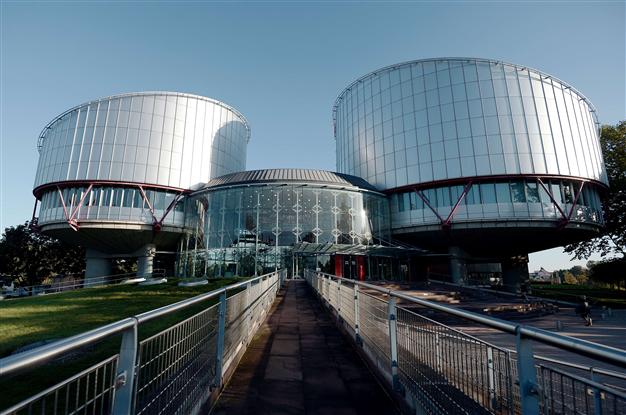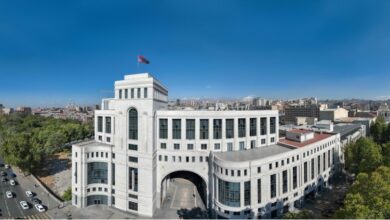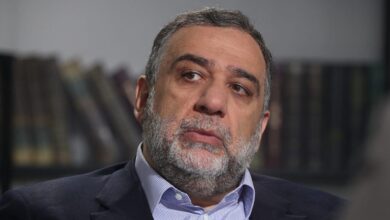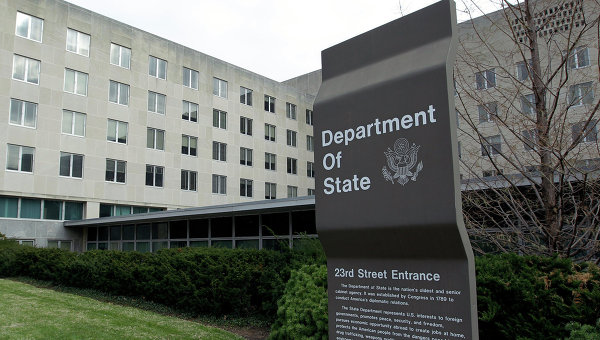
In response to a request for an advisory opinion made by the Constitutional Court of Armenia, the Europe Court of Human Rights delivered, unanimously, the following opinion:
The Court, delivering its second advisory opinion after Protocol 16 to the European Convention on Human Rights came into force in 2018, held that it could not answer the first two questions put by the Armenian Constitutional Court.
In particular, it could not find any direct link between the questions and the ongoing domestic proceedings, which have been brought against former President Robert Kocharyan for allegedly attempting to overthrow the constitutional order in 2008.
The Constitutional Court’s third question was whether a provision which defined a crime and referred to a legal act with supreme legal force and a higher level of abstraction could meet the Convention requirements of certainty, accessibility, foreseeability and stability.
The Court found that such a provision, using the “blanket reference” or “legislation by reference” technique in criminalizing acts or omissions, The referencing provision and the referenced provision, read together, had to enable individuals to foresee, if need be with the help of legal advice, what
conduct would make them criminally liable. Among other things, the most effective way of ensuring clarity and foreseeability was for the reference to be explicit and for the referencing provision to set out the constituent elements of the offence.
The Constitutional Court’s fourth question concerned the criteria under Article 7 (no punishment without law) of the European Convention for comparing two different versions of a legal act for their compatibility with the principle of the non-retroactivity of criminal law. The Court found that such assessments had to take account of the specific circumstances of the case (the principle of concretisation) rather than be carried out in the abstract.
The background to the case and the domestic proceedings
Former President Robert Kocharyan, who held that post from 1998 to 2008, and several other individuals were charged in July 2018 under Article 300.1 §1 (Overthrowing the constitutional order) of the 2009 Criminal Code.
The charges related to events in early 2008: protests had begun in February of that year after a presidential election, won by Prime Minister Serzh Sargsyan, which the demonstrators considered had not been free and fair.
The protests, which had involved thousands of people, were ultimately dispersed by the police, with the armed forces also involved, on 1 and 2 March 2008. Ten people died (eight civilians and two law-enforcement officers) and Mr Kocharyan declared a state of emergency, which restricted a number of rights for 20 days.
In May 2019 the court dealing with the case against Mr Kocharyan, the First-Instance Court of General Jurisdiction of Yerevan, suspended proceedings and asked the Constitutional Court to determine whether Article 300.1 of the 2009 Code was compatible with the Constitution.
In particular, it asked whether that provision met the requirement of legal certainty, the principle of the non-retroactivity of criminal law, and whether it worsened the legal situation of a person in comparison to Article 300 (Usurpation of State power) of the former Criminal Code, which had been in force at the time of the events in question.
Mr Kocharyan lodged two applications with the Constitutional Court, asking similar questions. He also highlighted essential differences between the two provisions.








